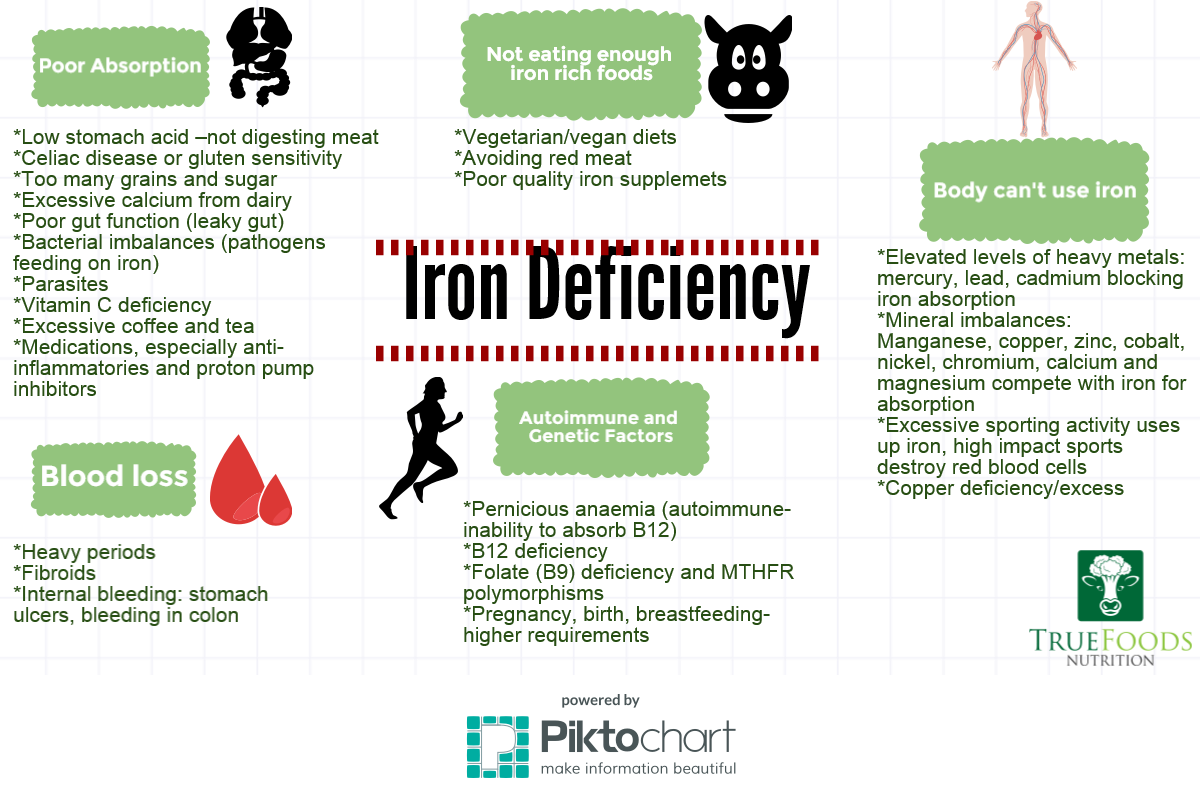Table Of Content

Aspirin and other nonsteroidal anti-inflammatory drugs (NSAIDs) can cause internal gastrointestinal bleeding. Proton pump inhibitors, used to control acid reflux, can prevent your body from absorbing enough iron. When you’re expecting, you need extra iron to nourish your growing baby as well as provide enough for you and the increase in your blood volume.
What causes iron deficiency anaemia?
If the hair loss is directly related to low iron and ferritin levels, then theoretically, increasing iron intake should replenish the ferritin in the hair follicles, leading to healthier hair. There are many causes of hair loss in both women and men, so if you’re concerned about it, your first step should be booking an appointment with a doctor to discuss your options. Additional research suggests an iron deficiency may cause hair similar to the pattern seen in androgenic alopecia––the most common type of hair loss. Often called male pattern baldness, androgenic alopecia can affect anyone. For men, it’s usually a receding hairline or bald spot on the crown of the head.
Iron deficiency anemia
Blood samples were taken to investigate the serum folic acid and vitamin B12 levels. Although reducing your stress levels might seem insurmountable, making sure you’re eating the right things will go a long way to setting a good foundation for optimum hair growth. A healthy balanced diet is also important in stress reduction too as it can support a healthy immune system, repair damaged cells and even reduce elevated cortisol levels.
Difference in Mean Ferritin Values between Patients and Controls
Several clinical studies have implicated oxidant/antioxidant discrepancy in patients with AA, which is a disease dependent on autoimmunity, genetic predisposition, and emotional and environmental stress. These studies have been reviewed, with most reviewers reporting increased levels of oxidative stress biomarkers and decreased levels of protective antioxidant enzymes in patients with AA [79]. Food and Drug Administration, biotin interference (from supplemental biotin) caused a falsely low result in a troponin test that led to a missed diagnosis of a heart attack and a patient’s death [28]. In addition, a recent study showed that some human chorionic gonadotropin (hCG) devices are subject to biotin interference in individuals taking dietary biotin supplements.

Your heart also has to work harder to move more oxygen-rich blood around your body, which can make you tired. While iron deficiencies can cause hair loss, so can several other factors. Let's look at those to better understand what can cause thinning hair. Dr. Piliang shares who might be at risk for low iron and how to treat hair loss. Your thyroid is an endocrine gland located in the front of your neck and serves an important role in your body. It’s in charge of producing and releasing the endocrine hormone into your bloodstream.
Blood Loss
Use straighteners and hair curlers that emit a lot of heat sparingly. With a combo of this and an iron-rich diet, you’ll be on your way to healthier hair. For men and postmenopausal women, gastrointestinal blood loss (which can occur from conditions like ulcers, Crohn’s disease, and celiac disease) is a leading cause of low iron. People living with kidney failure or who practice a vegan diet may also be more prone to iron deficiencies.
vitamin B2 (riboflavin)
It would appear that the prevalence of reduced ferritin levels (below 30–40 ng/dL) is higher among women with diffuse hair loss than among women in the general population. Ferritin levels below 30 ng/dL were found in 40–50% of the women in Denmark and Norway [34], 32% of the women in Portugal [35], and 47% of the women in Cambodia [38]. If your doctor thinks iron deficiency anaemia might be behind your hair loss, they’ll first carry out a blood test, which looks for levels of a protein called ferritin.
Why does iron deficiency cause hair loss?
Iron deficiency anaemia affects around 2–5% of adult men and postmenopausal women [1]. Many people suffering from anaemia experience fatigue, heart palpitations, and paler skin than usual — but iron deficiency can also impact the texture and thickness of your hair [2]. Ideally, by increasing their iron stores, a person may see an improvement in hair growth as well as any symptoms of iron deficiency anemia. However, doctors do know that iron deficiency can play a role because many people experiencing hair loss have lower iron stores than those who are not losing their hair. However, the research does suggest that iron deficiency hair loss seems to be related to hair loss that does not scar the hair follicles. This is promising for regrowth because it means that the follicles are not severely damaged and may be able to grow hair again.
Alcoholism, malignancy, burns, infection, and pregnancy may all cause increased metabolism and excretion of zinc. The authors concluded that ingesting selenium is a supportive element in chemotherapy [119]. Vitamin D is a fat-soluble vitamin synthesized in epidermal keratinocytes [53]. Vitamin D obtained from the diet or synthesis in skin is inactive and needs to be activated enzymatically. There is strong evidence that vitamin D exerts an anti-inflammatory and immunoregulatory effect, in addition to its important role in maintaining adequate serum levels of calcium and phosphorus [54, 56]. The mechanisms underlying the role of vitamin D in autoimmunity are not fully understood [54, 55].
Doktor tells us that once an iron deficiency is diagnosed, you'll want to pin down the cause. That's to ensure that once the problem is treated, it won't happen again. "Iron deficiency can be treated firstly by finding the root cause of the iron loss," she says.
If you have any medical questions or concerns, please talk to your healthcare provider. The articles on Health Guide are underpinned by peer-reviewed research and information drawn from medical societies and governmental agencies. However, they are not a substitute for professional medical advice, diagnosis, or treatment. Beyond what you put into your body, keeping good hair hygiene may also help with some forms of hair loss. Avoid using harsh chemicals on your hair, and don’t be too rough on it while brushing.
We recommend screening for these vitamins and minerals in patients presenting with premature graying of hair and subsequent supplementation of the deficient micronutrients [114]. Genetic causes of biotin deficiency can be either neonatal or infantile. The neonatal type is a life-threatening condition manifested during the first 6 weeks of life, and it is due to a holocarboxylase enzyme deficiency. It is usually manifested with severe dermatitis and alopecia, where there is loss of vellus and terminal hair on the scalp; eyebrows, eyelashes, and lanugo hair can also be absent. The infantile form of biotin deficiency occurs after 3 months of delivery and is due to a lack of the enzyme called biotinidase.
While supplementation is relatively affordable and easily accessible, it is important to know which vitamins and minerals are helpful in treating hair loss. However, raising ferritin levels will not increase hair growth in healthy individuals who have normal iron and ferritin levels. When a doctor diagnoses low ferritin levels, they will typically advise the person to adjust their diet and take an iron supplement until iron levels normalize.
Low vitamin D levels have been reported in several autoimmune diseases [54, 55, 57–60]. As a general rule, consuming too much or over-supplementing vitamin A can cause hair loss [15, 16]. Typically, fat-soluble vitamin A is stored in the liver where its dispersal is tightly regulated by anabolic and catabolic reactions between the inactive and active metabolite. When levels of vitamin A are too high, the capacity of the transport system is exceeded and vitamin A spills over into the circulation [17].
The prevalence rates for ferritin deficiency and iron-deficiency anemia were calculated from cohort and case-control studies using the inverse-variance weighting method. Eat a balanced diet with foods rich in iron, including meat, poultry, and fish. For people who prefer to get nutrients from plant-based sources, legumes and leafy greens like kale, broccoli, and collards are a great way to get iron. You’ll also find grocery store shelves lined with iron-fortified foods, including cereal, bread, and pasta. Unfortunately, it can be easy to overlook ferritin if you also have an underlying condition that may cause hair loss.




















